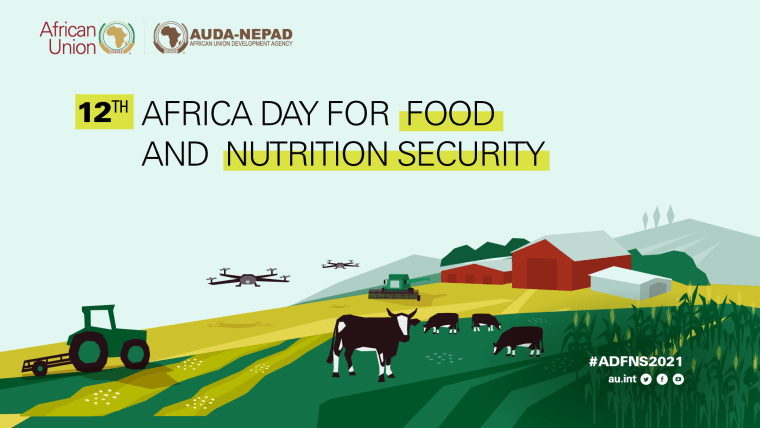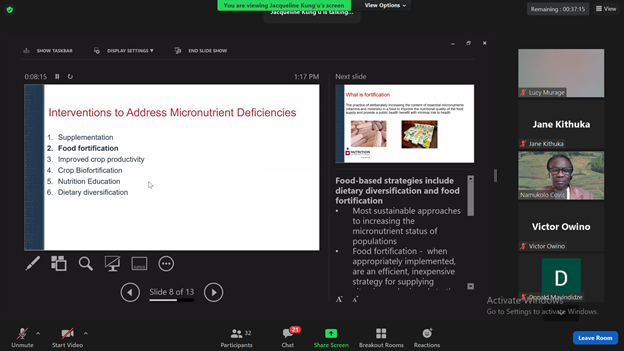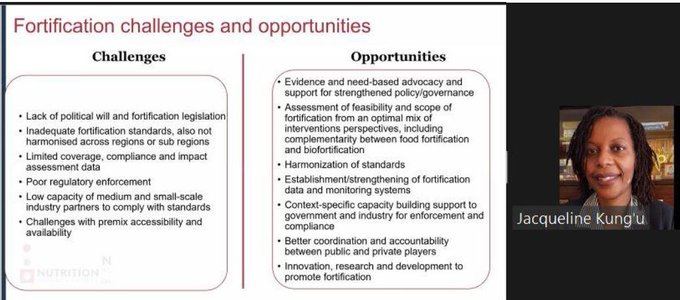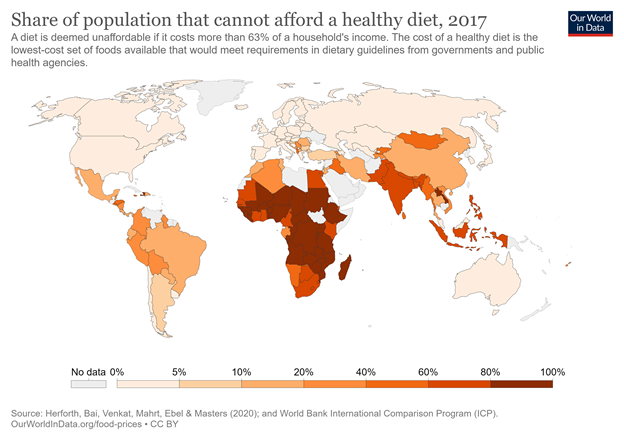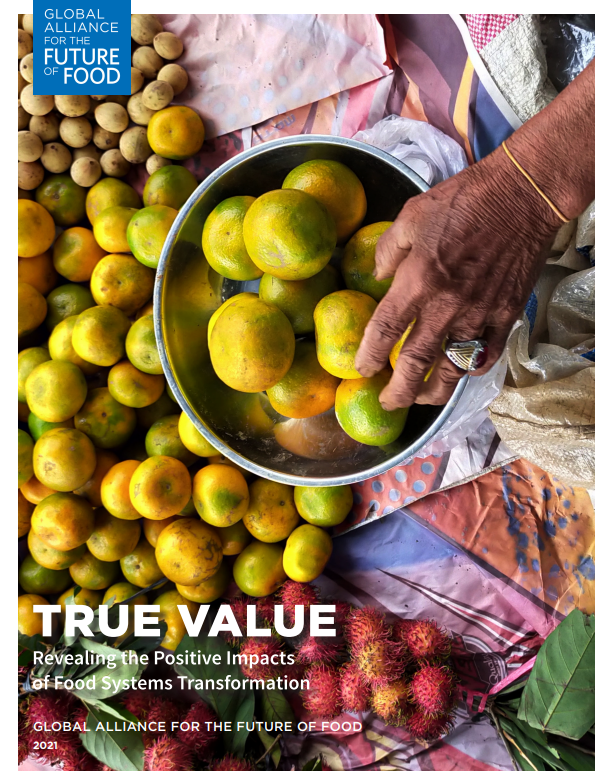G20, under the Italian Presidency, will focus on three broad, interconnected pillars of action: People, Planet, Prosperity.1 November, 2021. UNFSS Independent Dialogue. Regional Dialogue - Food Security in the Sahel Region
1-12 November 2021. Climate COP26, Glasgow
Side events EU at COP
2 November 2021. LEAP4FNSSA Stakeholder Engagement Meeting
2 November 2021. National Organic Agriculture Business Summit Abuja 2021
2-3 November 2021. FAO high-level Global Event on Ending Child Labour in Agriculture
3 November 2021. Launch of the ILRI impact book by ILRI
3 + 10 + 17 November 2021. African Food Environments Transformation by Food Environment Research Network
The MEALS4NCDs Project provides Measurement Evaluation, Accountability and Leadership Support (MEALS) for non-communicable diseases (NCDs) prevention in Ghana and beyond.
The project is focused on measuring and supporting public sector actions that create healthy food marketing and food provisioning environments for children and adolescents in Ghana, with the aim to prevent obesity and other nutrition-related NCDs.5 November 2021. Forests, Food, Finance - Solutions for a Healthy Planet - Landscape Forum with the UK Government on the sidelines of COP26
5-6 November 2021. African Summit on Entrepreneurship and Innovation by UNIDO
- Agroecology: Ecosystem-Based Adaptation in Agriculture session (Nov 6, 2021 | 12:00 PM GMT - 1:30 PM GMT)
- Growing the Momentum for Agroecological Transformation to Resilient Food Systems (Nov 6, 2021 | 6:00 PM GMT - 7:00 PM GMT) (with the president of Sri Lanka)
8 - 10 November 2021. AMIs Agricultural Film Conference 2021
The conference will bring together agricultural and horticultural cover specifiers. The focus is on discussing maximising crop yields with an effective use of silage, mulch and greenhouse films to feed the growing global population.
11 November 2021. Attracting Youth into the Agriculture and Food Space
Leaders in emerging African markets talk LIVE. Watch on Youtube
15-17 November 2021.15th working session of the Intergovernmental Technical Panel on Soils by FAO
15-18 November 2021. 2nd International Agrobiodiversity Congress
The Agrobiodiversity Innovation Challenge is seeking innovators driven by a passion for solving challenges in the agri-food sector by utilizing or conserving agrobiodiversity.
- 10 November 2021. KM4AgD Challenge Knowledge Café #1
- 12 November 2021. KM4AgD Challenge Knowledge Café #2
- 16 November 2021. KM4AgD Challenge Knowledge Café #3
- 18 November 2021. KM4AgD Challenge Knowledge Café #4
- 22 November 2021. KM4AgD Challenge Knowledge Café #5
- These Webinars are organized under the Knowledge Management for Agricultural Development Challenge (KM4AgD) by the Forum for Agricultural Research in Africa and the CAADP-XP4 Partners (CORAF, ASARECA, CCARDESA & AFAAS) in partnership with the K4DP. Themes to be discussed are, Knowledge Management (KM) awareness, Fake News and Misinformation.
- The YouTube streaming link is available here
- This Nutrition for Growth (N4G) 2021 (nutritionforgrowth.org) side event is organized by the Nutrition Data Partners Group.
- Building from N4G data commitment recommendations (https://bit.ly/3kijAHS) released in September 2021, the webinar will highlight recent data value chain investments by a number of countries including India, Guatemala and Niger as well as data-focused 2021 N4G commitments made by governments and development partners.
- Presentation 3: « Une plateforme Nationale d’Information pour la Nutrition (NIPN) : un outil d’aide à la décision au Niger » · Remarks: Denisa-Elena Ionete, European Union Ambassador to the Republic of Niger ; Presenter: Saadou Bakoye, Secretary General, Ministry of Planning, Republic of Niger
17-19 November 2021. 8TH ANNUAL ReNAPRI STAKEHOLDERS CONFERENCE
19 November 2021. Shaping digital agriculture capacities - D4Ag online dialogue - Zoom Kick-off session
- Speakers include: Lawrence Haddad Executive Director, GAIN (Global Alliance for Improved Nutrition) + Leonard Mizzi Head of Unit, INTPA F3, Afri-Food Systems and Fisheries
- The TAP-AIS project is funded by the European Union (EU) and implemented by the FAO. Project duration August 2019 - July 2024. Budget 5,000,000 EUR. Its objective is to increase the coherence and effectiveness of capacity development interventions for agricultural innovation systems.
23-25 November - 5th meeting of the Global Soil Laboratory Network
- Soils4Africa project [https://www.soils4africa-h2020.eu ] in close collaboration with FARA. The Soils4Africa project, aims to provide an open-access soil information system (SIS) with a set of key indicators and underpinning data, accompanied with a methodology for repeated soil monitoring across the continent.
24 November 2021. The Role of Multi-Stakeholder Platforms in Creating an Enabling Environment for the SustainableTransformation of FNSSA Sector
- Global Foodnet brings together food innovators in Kenya, southern Africa, Peru and Finland to develop foods from indigenous foods with indigenous knowledge.
- A Series of Online Webinars for Stakeholders in Each of the Six UNEP Regions
- Stakeholder Forum for a Sustainable Future (SF), with the support of the United Nations Environment Programme’s (UNEP) Civil Society Unit in Nairobi, invites you to take part in one of six new regional capacity-building webinars for Major Group Stakeholders.
- Focused on the run-up to UNEA 5.2, the resumed session of UNEA-5 from 28 February to 2 March 2022, the webinars will also include content relevant to the Special Session of the Assembly on 3 - 4 March 2022, which is devoted to the commemoration of the 50th anniversary of the creation of UNEP in 1972 - UNEP@50.
- The webinars will also highlight the related and upcoming Stockholhm+50 meeting, convened by the United Nations General Assembly and hosted by the governments of Sweden and Kenya, to be held in Stockholm, Sweden from 2-3 June 2022 to commemorate the 50 years since the 1972 United Nations Conference on the Human Environment, which made the environment a pressing global issue for the first time.
- The theme chosen for the 17th CAADP Partnership Platform was centered on “Ending hunger in Africa by 2025 through resilient food systems”, to take advantage of renewed momentum that has been created by the UN Food System Summit, at a moment when the continent is halfway through the Malabo Declaration timeframe.
- 22-23 November 2021. Malabo Agricultural Policy Learning Event (MAPLE)
The show takes its name from "DJAZAIR", which means "Algeria" in Algerian Arabic, and from « agro » representing the agro-food sector.
24 November 2021. Scaling Up Innovation for a Fortified Future - part II - new business models, coalition building & advocacy. By GAIN
1 December 2021. 3pm CET. Webinar About Big Data & Agriculture
- Global Foodnet brings together food innovators in Kenya, southern Africa, Peru and Finland to develop foods from indigenous foods with indigenous knowledge.
5 December 2021 - World Soil Day "Halt soil salinization, Boost soil productivity"
6-10 December 202.1 Africa Agriculture Knowledge Management Conference.
The Conference aims to showcase the KM products and services of CAADP-XP and generate political support for advancing climate-smart KM for Agricultural development in Africa.
KM4AgD site at https://km4agd.faraafrica.org/ for more details.
6-10 December 2021. THE SEVENTH AFRICA HIGHER EDUCATION WEEK AND RUFORUM TRIENNIAL CONFERENCE
8 - 14 December 2021. Intra-African Trade Fair 2021
This trade fair brings together exhibitors and visitors from all sectors. It provides a platform for attendees and non attendees to connect. There will also be virtual stands for entrepreneurs to showcase their work across African markets.
25 - 27 February 2022 AgrikExpo & Farming Conference
Machinery & Equipment Input (Seeds, Agro Chemicals, ETC)Livestock Care & Management Biotechnology Poultry Forestry Food Processing & Packaging Infrastructure Afri finanace
3-4 March 2022. The Africa Food Sustainability Summit
9-10 June 2022. Africa Dairy & Drink Innovations Summit & Expo 2021
The dairy, soft and alcoholic beverage sectors may not have a lot in common at first glance, but the line between these sectors has been and is expected to continue blurring into the future, as the pace of innovations gathers steam and as consumer tastes and preferences are transformed
27 June 1 July 2022. Lilongwe. 12th TRIENNIAL CONFERENCE AFRICA POTATO ASSOCIATION
12-15 July 2022. FAO-CIRAD international conference on Geographical Indication.
14-20 August 2022. 31st International Horticultural Congress, IHC2022, Angers, France

